The Day My Son Broke His Teacher’s Computer (And Why His Response Changed Everything)
My 15-year-old son came home from school last Monday looking like he’d swallowed a brick.
“I need to tell you something,” he said quietly. “I was messing around with Connor during computer lab. I knocked over Mrs. Patterson’s laptop. The screen is cracked.”
I felt my stomach drop. That’s a $1,200 laptop. But before I could respond, he kept going.
“I already told Mrs. Patterson it was my fault. Not Connor’s. Just mine. She said she needs to talk to you about replacing it.”
Here’s what I didn’t do: I didn’t yell. I didn’t lecture him about being careless. I didn’t immediately promise to cover the cost.
Here’s what I did do: I looked at him and said, “Thank you for telling me the truth. Let’s figure this out together.”
Because in that moment, I realized something: He’d just demonstrated a skill that most adults still haven’t mastered—taking responsibility without making excuses, minimizing, or blaming others.
He didn’t say “Connor bumped into me.” He didn’t say “It was an accident.” He didn’t say “Mrs. Patterson shouldn’t have put her laptop there.”
He owned it completely. And that meant everything.
The Problem: Schools Teach Everything Except Accountability
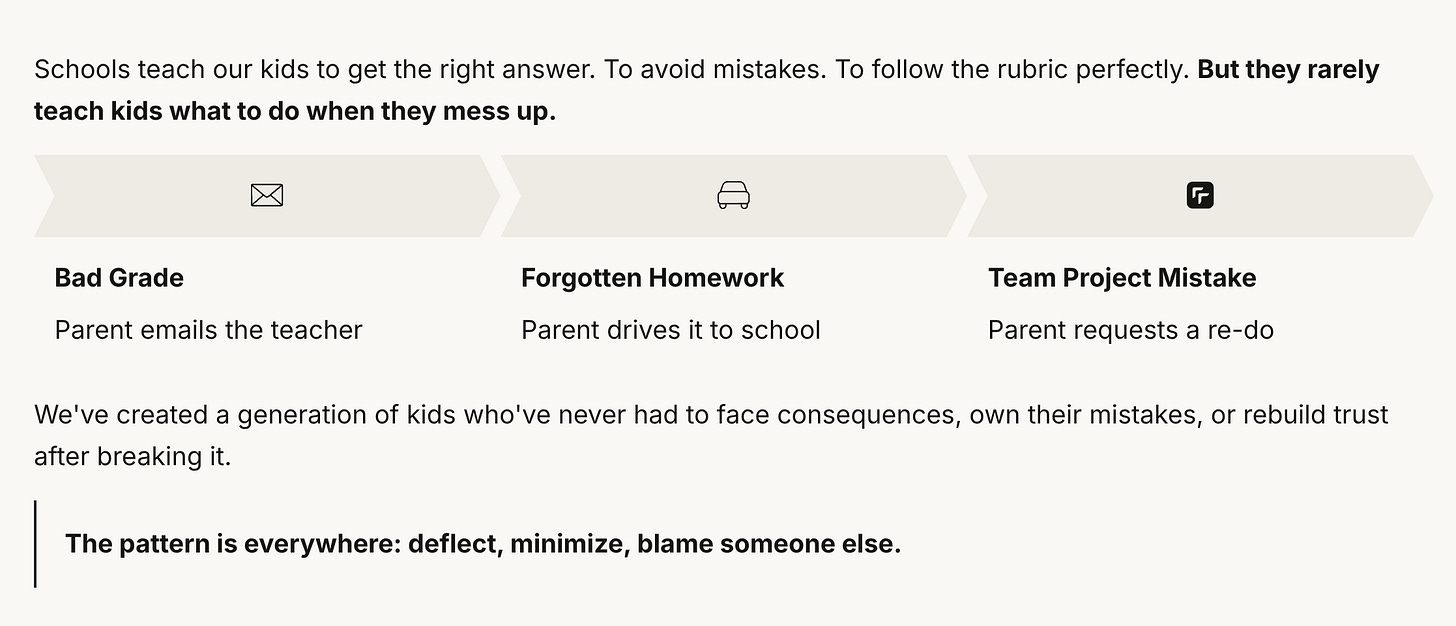
Schools teach our kids to get the right answer. To avoid mistakes. To follow the rubric perfectly.
But they never teach kids what to do when they mess up.
When a kid gets a bad grade, the parent emails the teacher. When a kid forgets their homework, the parent drives it to school. When a kid makes a mistake on a team project, the parent requests a re-do.
We’ve created a generation of kids who’ve never had to face consequences, own their mistakes, or rebuild trust after breaking it.
I see it constantly with my daughter’s friends. A 10-year-old breaks someone’s toy at a playdate: “It was already broken.” Another kid shows up late to basketball practice three times in a row: “My mom forgot to wake me up.”
The pattern is everywhere: deflect, minimize, blame someone else.
And here’s the scariest part—it doesn’t stop at childhood.
I have colleagues in their 40s who still can’t admit mistakes. They miss deadlines and blame the system. They damage relationships and claim misunderstanding.
They cost their companies money and point at someone else.
Because nobody ever taught them what to do when they were wrong.
What Responsibility Actually Looks Like (By Age)
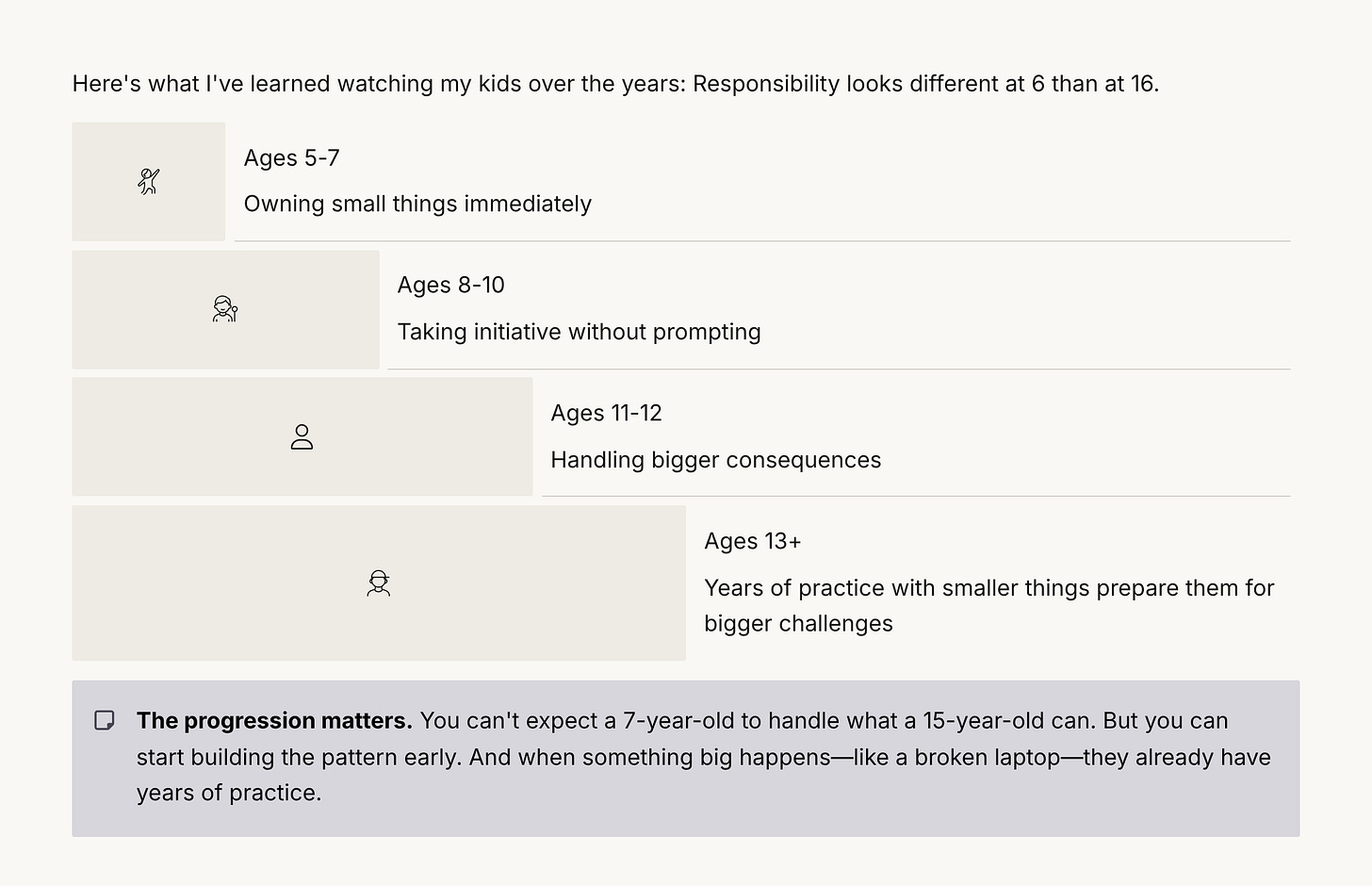
Here’s what I’ve learned watching my kids over the years: Responsibility looks different at 6 than at 16.
At ages 5-7, it’s owning small things immediately: “I spilled my juice. I’ll get the towel.” “I forgot to put my bike away. I’ll do it now.”
At ages 8-10, it’s taking initiative without prompting: “I broke my sister’s art project. I’m going to help her fix it.” “I said something mean to Jake. I need to apologize.”
At ages 11-12, it’s handling bigger consequences: “I didn’t study for the test. I’ll talk to my teacher about retaking it.” “I lost the library book. I’ll pay for it from my Save Jar.”
The progression matters. You can’t expect a 7-year-old to handle what a 15-year-old can. But you can start building the pattern early.
And when something big happens—like a broken laptop—they already have years of practice with smaller things.
The System That Changes How Kids Handle Mistakes
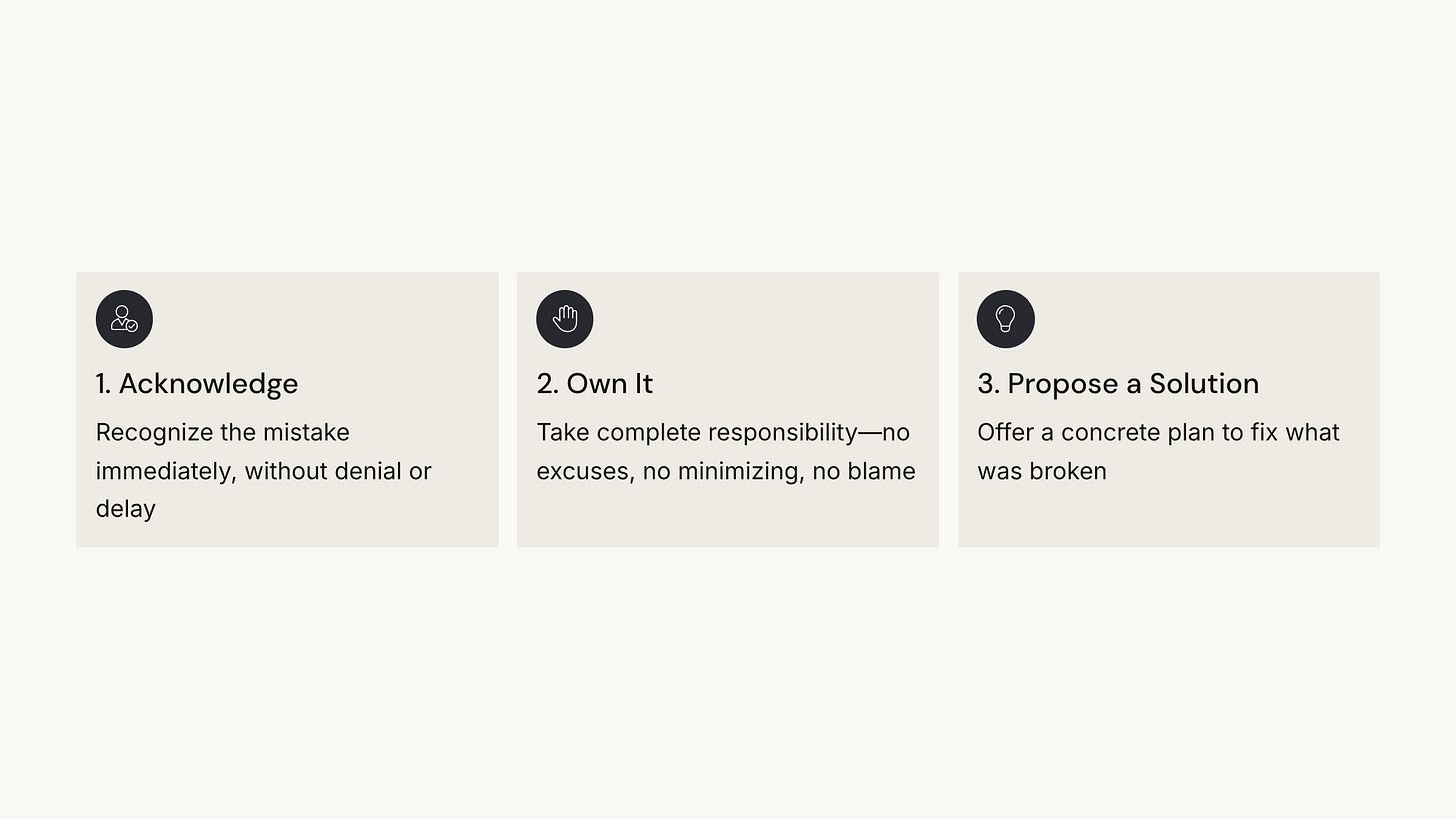
After the laptop incident, my wife and I realized we’d been doing something right—without fully knowing it.
For years, whenever our kids made mistakes, we’d been following a simple three-step response:
1. Acknowledge the mistake immediately 2. Own it completely (no excuses, no minimizing) 3. Propose a solution
We’d used it with everything from forgotten chores to broken promises to damaged property.
And it had become automatic for them.
That’s why my son didn’t hide the laptop incident. That’s why he told his teacher before telling us. That’s why he didn’t blame Connor or call it “just an accident.”
He’d seen this pattern hundreds of times with smaller things. So when something big happened, he already knew what to do.
What Actually Happened: The Laptop Story Continued
Here’s what my son and I did together:
Monday night: He drafted an email to Mrs. Patterson apologizing and proposing a payment plan from his own money (he’d been saving for a gaming PC).
Tuesday morning: We met with Mrs. Patterson before school. He handed her a printed copy of his email and said, “I want to pay for the repair myself. Can I do $100 per month until it’s covered?”
Mrs. Patterson looked genuinely surprised. She’d expected me to either get defensive or immediately write a check.
Instead, she saw a 15-year-old taking full ownership.
She agreed to his payment plan. She also reduced the cost by using school insurance—something she said she wouldn’t have done if he’d made excuses or blamed someone else.
My son paid off the laptop in six months. It hurt. He had to delay his gaming PC purchase. He had to say no to some things his friends were doing.
But something shifted.
He started catching himself before making impulsive decisions. He started asking “What happens if this goes wrong?” He started treating other people’s property with more respect.
Because he’d learned the real lesson: Taking responsibility isn’t just about saying “I’m sorry.” It’s about facing consequences, making it right, and rebuilding trust.
And once you learn that lesson with something big, it changes how you handle everything else.
Why This Matters More Than Any Other Skill
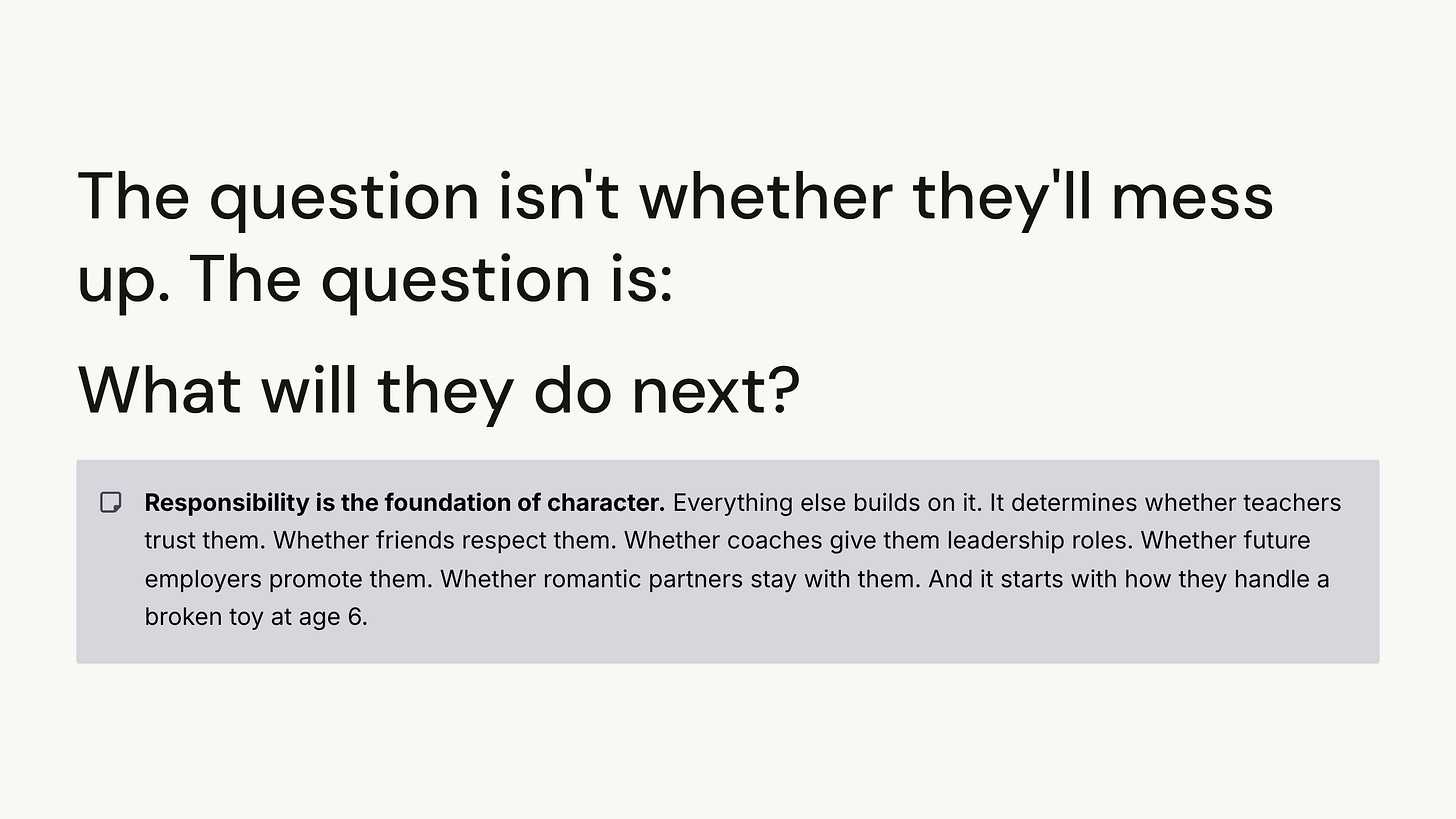
Your kid will make mistakes. Guaranteed.
They’ll forget commitments. Break things. Hurt people’s feelings. Miss deadlines. Damage property. Make bad decisions.
The question isn’t whether they’ll mess up. The question is: What will they do next?
Will they hide it, hoping you won’t notice? Will they blame someone else to avoid consequences? Will they minimize it: “It’s not that bad”?
Or will they walk straight toward the mistake, own it completely, and fix what they broke?
That response determines everything.
Think about your kid at 25, working their first real job. They make a mistake that costs the company money. Do they:
- Bury it in paperwork and hope nobody notices?
- Blame the unclear instructions or insufficient training?
- Go straight to their manager and say, “I made a mistake. Here’s what happened, here’s what I’m doing to fix it”?
The kid who does that third option gets promoted. Because every manager knows that person is trustworthy when things go wrong.
Or think about your kid at 30, in a serious relationship. They say something hurtful during an argument. Do they:
- Insist they were misunderstood?
- Point out what their partner did first?
- Take a breath and say, “I was wrong. I’m sorry. That was unfair”?
The person who does that third option builds lasting relationships. Because everyone knows that person won’t gaslight them or deflect blame.
Responsibility is the foundation of character. Everything else builds on it.
It determines whether teachers trust them. Whether friends respect them. Whether coaches give them leadership roles. Whether future employers promote them. Whether romantic partners stay with them.
And it starts with how they handle a broken toy at age 6.
Author
Jim – Editor of Spielgaben and a dad with two beautiful children

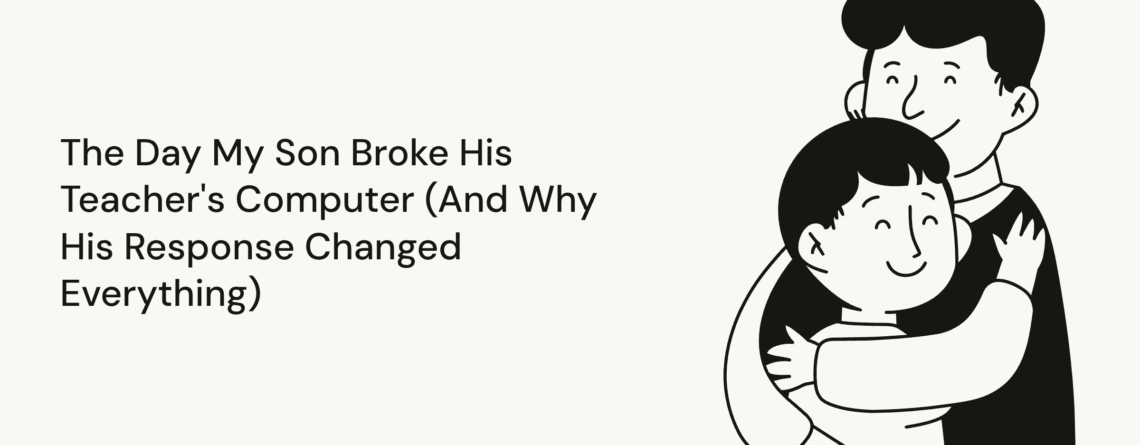

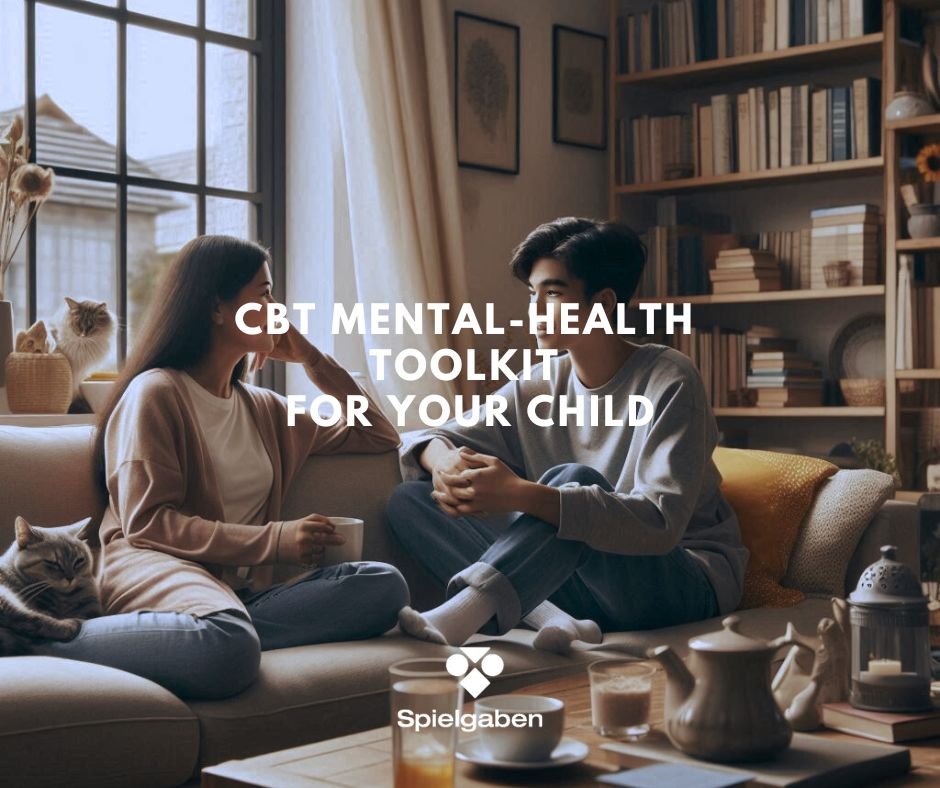
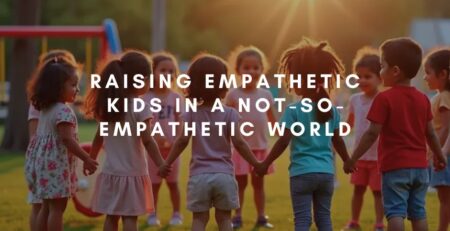
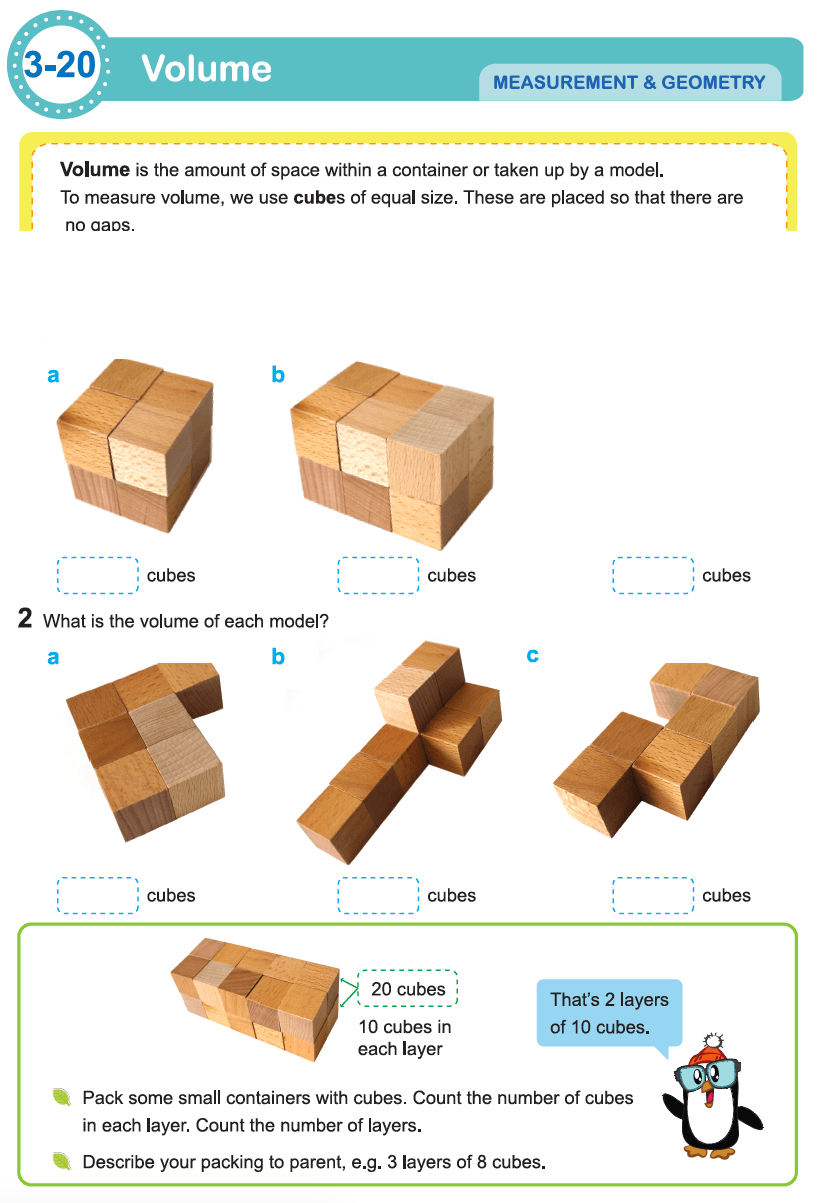
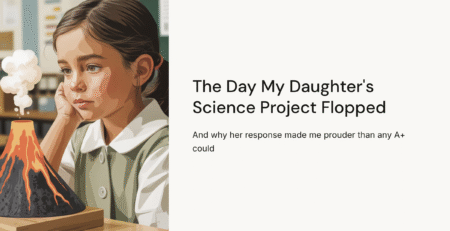


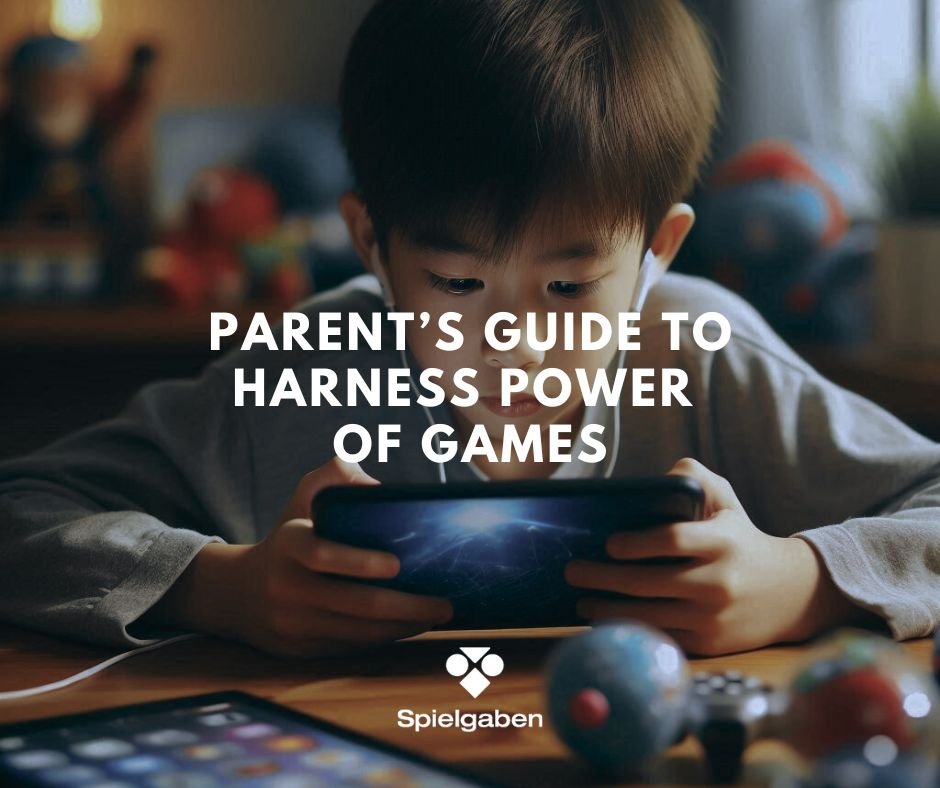
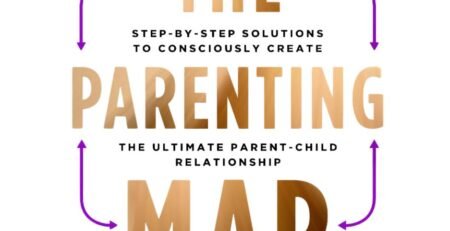
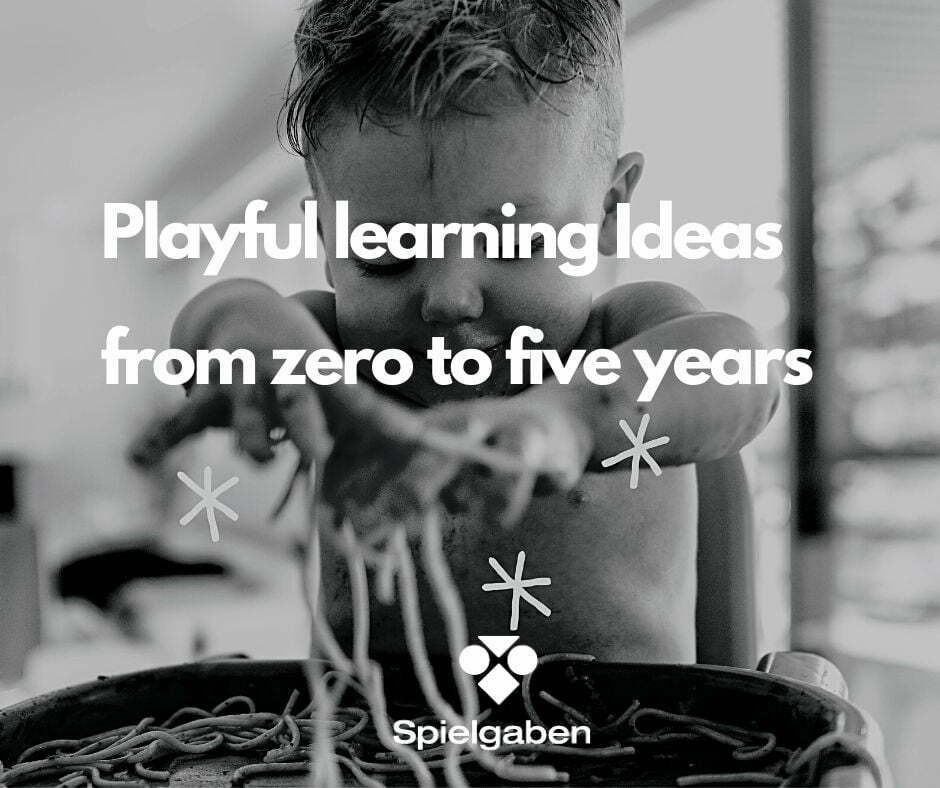

LEAVE A COMMENT